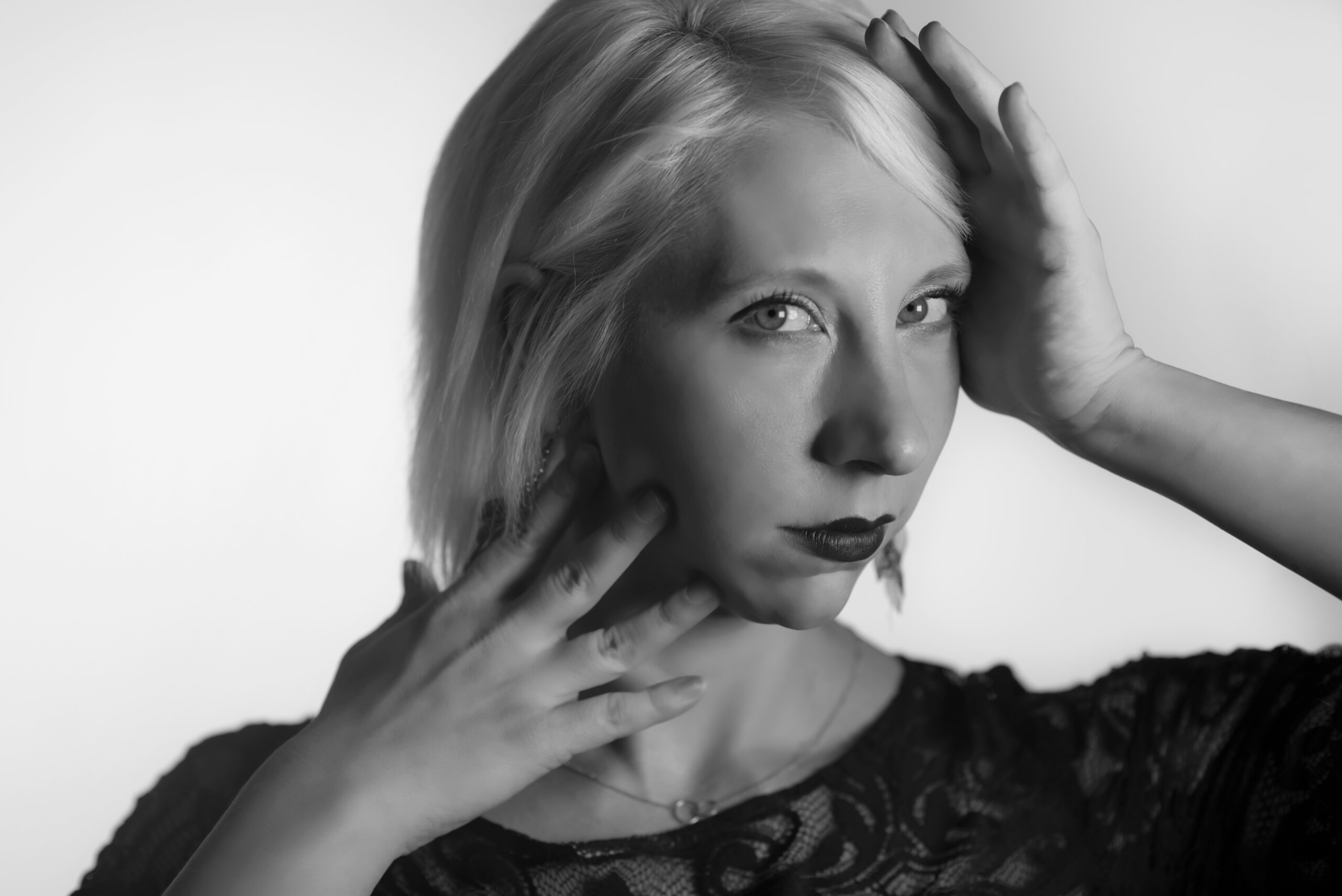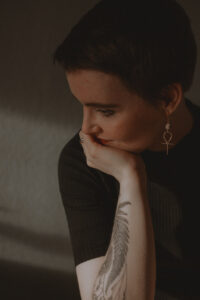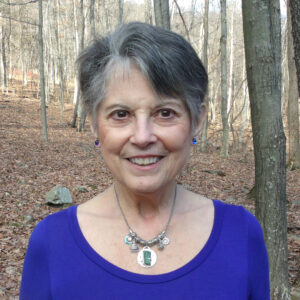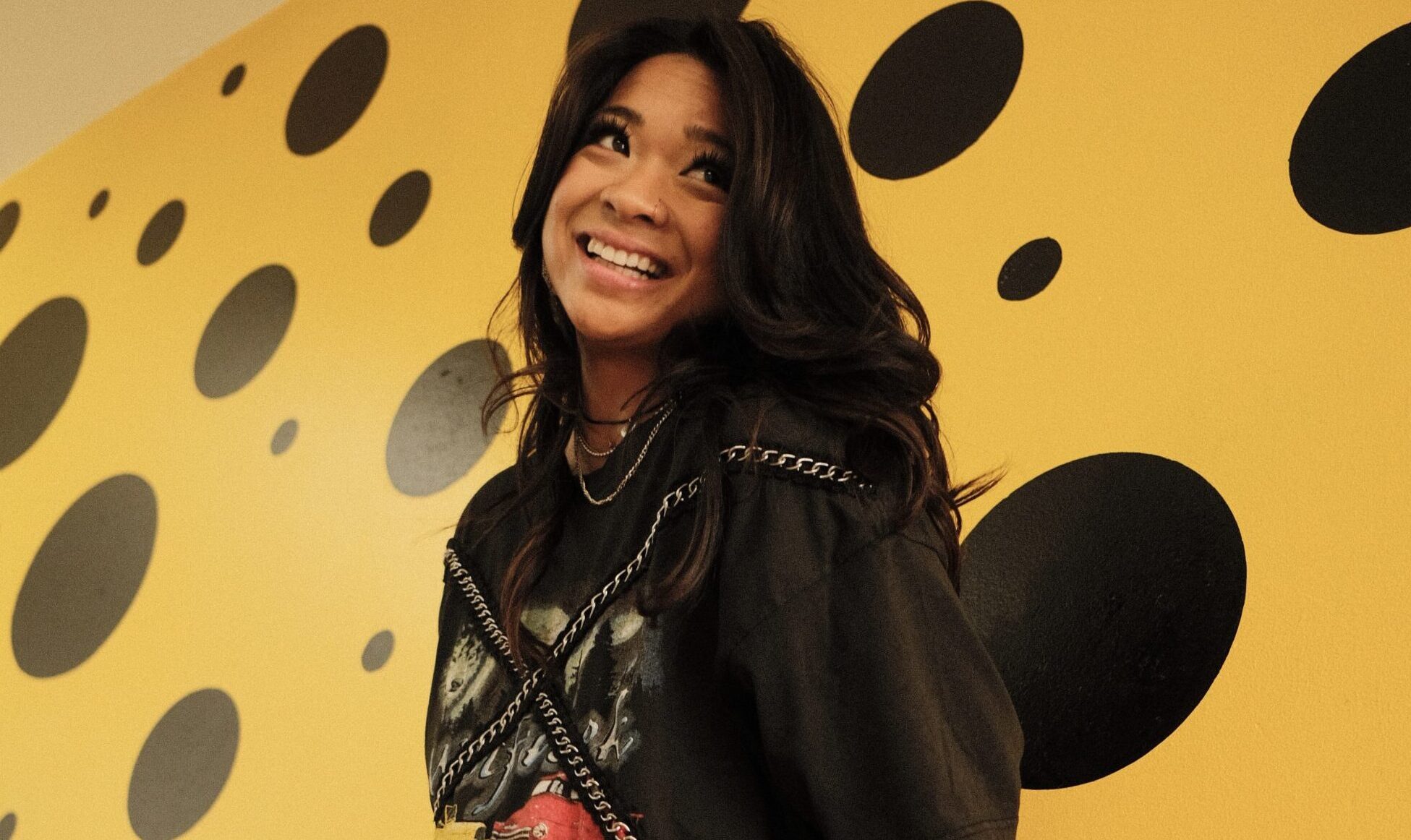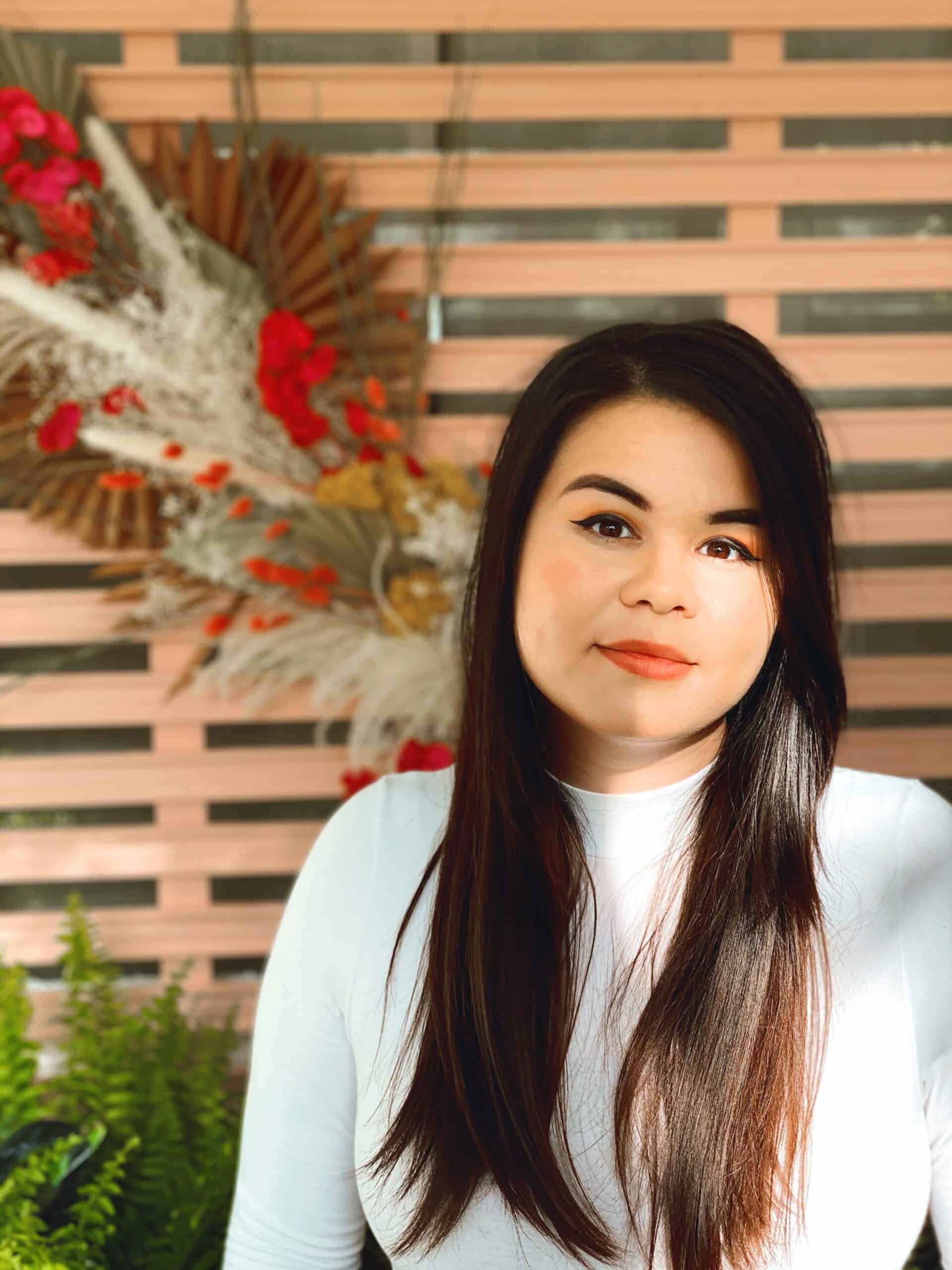In a world where classical music is often shrouded in an aura of exclusivity, Megan Ihnen and the Live Music Project are redefining the narrative. With a mission to make the beauty of live classical performances accessible to everyone, Megan’s journey is a testament to the transformative power of music and community. From overcoming the challenges of a disrupted industry to expanding their reach and impact, Megan’s leadership is not just about promoting concerts—it’s about breaking down barriers and inviting people from all walks of life to experience the profound joy of classical music. Join us as Megan shares her inspiring journey of resilience, innovation, and the unwavering belief that classical music belongs to everyone.
What inspired you to start the Live Music Project, and how did the concept evolve over the years?
The Live Music Project was born out of a shared belief in making classical music as accessible and welcoming as any other art form. When our founder, Shaya Lyon, moved from NYC to Seattle, she was struck by the sheer number of classical music ensembles thriving in the region, yet frustrated by the difficulty in finding information about their upcoming concerts without visiting each ensemble’s website individually. With her background in tech, journalism, and product management, Shaya set out to solve this problem, creating a resource that allowed users to search for performances by piece, instrument, composer, interest, or genre.
As the second executive director after Shaya, I’ve continued to build on her vision, working with my colleagues to expand the Live Music Project in and beyond Seattle, WA to a thriving community resource that connects people from all walks of life to the beauty and vibrancy of live classical performances. Our mission remains focused on inclusivity, ensuring that this music belongs to everyone, not just a select few.
How does the Live Music Project aim to challenge stereotypes and increase accessibility in the classical music world?
Classical music is often perceived as elitist and inaccessible, but I believe that’s a narrative we can change. The Live Music Project challenges these stereotypes by providing clear, easy-to-access information about local performances, many of which are free or low-cost. We also highlight family-friendly and community-driven events, making it easier for people of all ages and backgrounds to experience the music. Our goal is to strip away the barriers that might prevent someone from attending a concert—whether it’s not knowing where to go, what to expect, or thinking that the music isn’t for them. By doing so, we’re opening the doors wider and inviting everyone in.
Can you share a personal story or experience that significantly impacted your journey with the Live Music Project?
One moment that deeply touched me was receiving an email from a woman named Mollie who attended a concert with her father, thanks to the Live Music Project. She shared a beautiful story about how classical music had always sparked her imagination as a child, listening to it in her dad’s car. Her father, now aging and struggling with hearing loss, had become somewhat disconnected from the world around him. But when Mollie mentioned the concert, his eyes lit up with excitement. Despite his hearing challenges, he was thrilled at the prospect, confident that the music would be loud enough for him to enjoy—and it was.
Mollie described how grateful he was for the experience, how much he loved the music, and how special it was for both of them to share that moment together. Hearing this reminded me of the profound impact that live music can have, especially when it brings people closer together. It’s stories like these that fuel my passion for this work, reaffirming the importance of making classical music accessible to everyone, regardless of their circumstances. Knowing that the Live Music Project helped create such a meaningful experience for Mollie and her father is exactly why I do what I do.
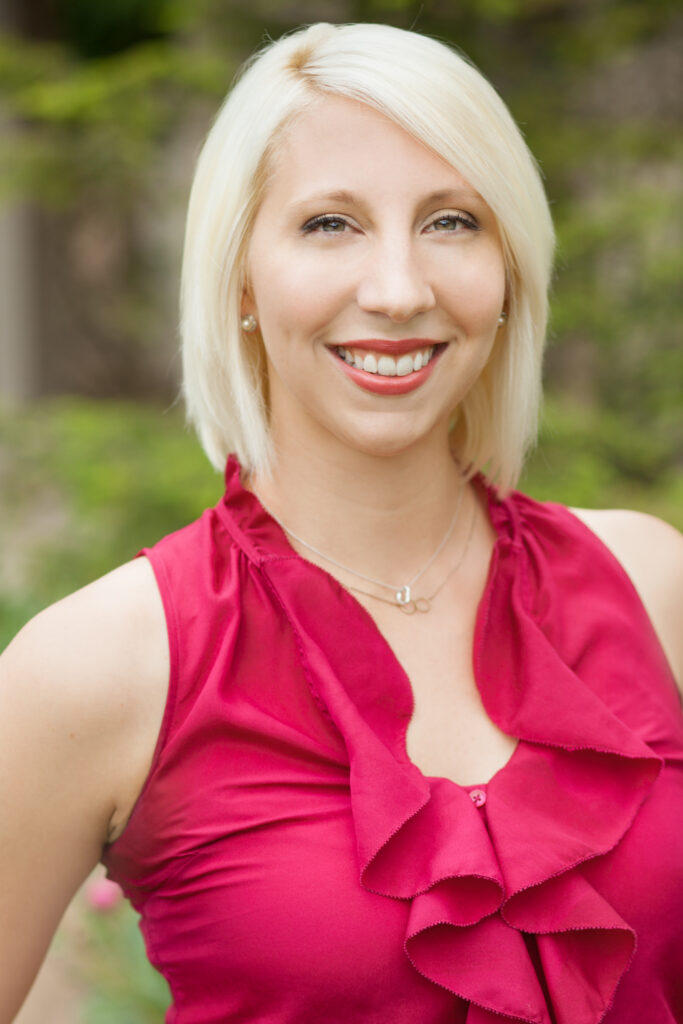
What have been some of the major challenges you’ve faced in running the Live Music Project, and how did you overcome them?
One of the most significant challenges I’ve faced in my tenure has been scaling the Live Music Project while maintaining our strong foundation in Seattle. Just as we were deep into the process of moving to a custom-built platform designed to support national and international concert listings, the pandemic struck, practically obliterating the live performing arts. The entire industry was thrown into disarray, with organizations and individual musicians alike struggling to figure out how to connect with audiences and sustain themselves financially in this new paradigm.
Despite these unprecedented challenges, the Live Music Project was there to help. We quickly adapted to the changing landscape, making it easy for people to discover and connect with livestreams from every corner of the U.S., from small individual performances to major events hosted by legacy organizations. However, the pandemic’s long-term impact became evident as we realized that much of our support came from individuals who were themselves financially affected by the crisis. As a result, our individual giving took a significant hit and has been on a slow and arduous climb to return to pre-2020 levels.
Overcoming these obstacles has required persistence, adaptability, and an unwavering commitment to our mission of accessibility and inclusivity. We’ve had to be flexible in our approach, innovative in our solutions, and deeply connected to our community’s needs, all while keeping our vision for the future intact.
How do you maintain your mental health while managing a large platform and dealing with the pressures of the arts industry?
Maintaining mental health is crucial, especially in the arts, where the pressures as both a performer and an arts administrator can be intense. Some of the most important strategies I use for myself are journaling (specifically Julia Cameron’s Morning Pages), EFT tapping, CBT therapy approaches, and making time and space for good nutrition and exercise. I love doing a daily exercise that I call “Be/Do/Have/Make” that I teach to a lot of my clients. I also focus on optimizing for time freedom—setting boundaries and priorities that allow me to balance my personal life with my professional responsibilities.
What strategies or practices have been most effective for you in balancing your personal life with your professional responsibilities?
Balancing personal and professional life requires intentionality. For me, it’s all about setting clear boundaries and being mindful of my time. I’m a big believer in the power of routines and systems, which help me stay organized and focused on what matters most. I also prioritize financial freedom, which allows me to make choices that align with my values and long-term goals. Surrounding myself with a supportive community, both personally and professionally, has also been key to maintaining this balance.
How has working on the Live Music Project influenced your perspective on the arts and its accessibility?
Working on the Live Music Project has profoundly expanded my understanding of what true accessibility in the arts can mean. It’s taught me that when we make the arts more inclusive, we’re not just inviting more people into the fold—we’re enriching the cultural fabric of our communities, making it stronger and more vibrant. Art, in all its forms, has this incredible ability to connect us, to foster well-being, and to cultivate empathy. It should belong to everyone.
And here’s where the data comes in. When we track the impact of our efforts, when we can show—through cold, hard numbers—that inclusivity isn’t just a nice idea, but a measurable success, we can push back against limiting beliefs and negative stereotypes. Data gives us the power to advocate for the performing arts world we want to live in.
Can you describe a breakthrough moment or success story from your work with the Live Music Project that stands out to you?
One of the most exciting breakthrough moments in my work with the Live Music Project is the upcoming launch of our new platform for the Spontaneous Free Tickets program. This program has been a labor of love since 2014, where we’ve been manually distributing free tickets to ensure that more people have the opportunity to experience live classical music. Over the years, we’ve distributed over $180,000 worth of free tickets in the Seattle area alone, and we’ve seen firsthand how this program can open doors for so many who might not otherwise attend a concert.
But now, we’re on the verge of something truly transformative. An amazing team from Stephens University got the ball rolling by developing the initial version of a proprietary platform for Spontaneous Free Tickets. Our Software Development Team then took that foundation and supercharged it into a robust, scalable platform that will allow us to take this program to the next level. We’re bursting at the seams with anticipation to see just how many more tickets we’ll be able to distribute—not just in Seattle, but in our focus cities and beyond.
This new platform represents more than just technological advancement; it’s a testament to our commitment to accessibility and inclusivity in the arts. We’re about to unlock a whole new level of impact, and I couldn’t be more thrilled to see where this journey takes us.
What advice would you give to other women who are passionate about using technology or media to make the arts more accessible?
My advice is to stay closely aligned with your mission. It’s easy to get pulled in different directions by new opportunities, but it’s crucial to limit your work and investment to programs and services that truly contribute to your core goals. Avoiding “mission creep” will help you maintain focus and make a greater impact in the areas that matter most.
Another key piece of advice is to confront and work through your own “money stories.” Whether it’s asking for donations, securing investments, or funding your projects, understanding your relationship with money is essential. It’s important to feel confident and empowered when discussing finances, as this will directly affect your ability to sustain and grow your organization.
Finally, cultivate meaningful relationships and create systems that allow you to manage them effectively. I’ve found that automations and systems can be powerful tools for prioritizing personalized communications. These tools help take the burden of “remembering” off your shoulders, enabling you to focus on what truly matters—building genuine connections. By leveraging systems that support high-level relationship management, you can act quickly and frequently while ensuring that each individual interaction is thoughtful and intentional.
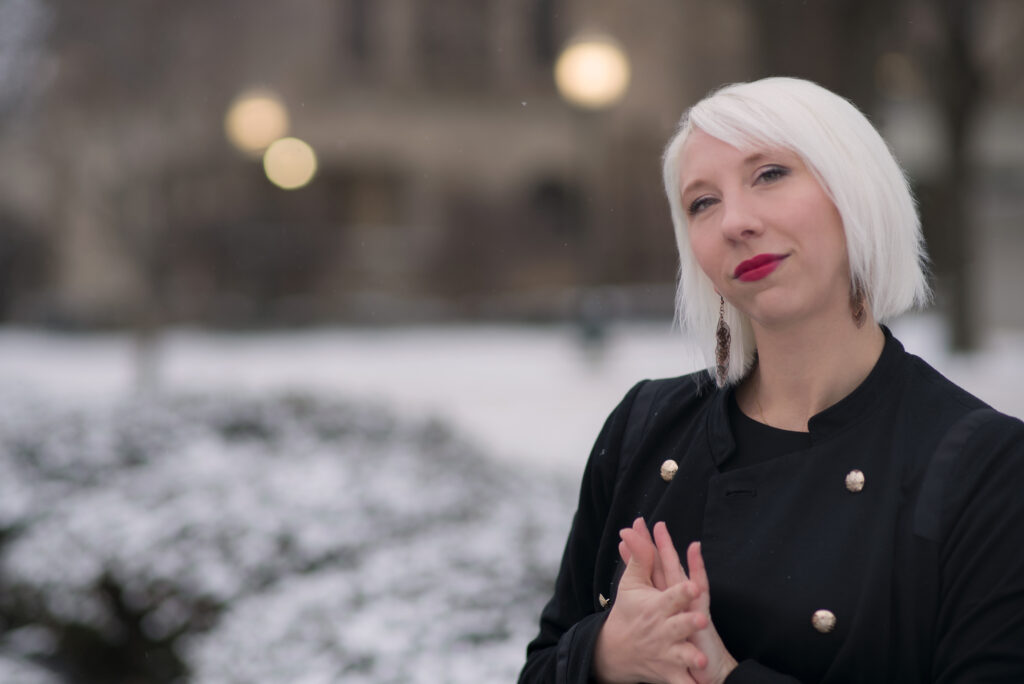
How do you stay motivated and inspired when facing challenges or setbacks in your project?
I stay motivated by remembering that the work we’re doing with the Live Music Project is about so much more than just music—it’s about connection. In a country where so many people are experiencing a deep sense of loneliness, where the simple act of coming together feels harder than ever, I truly believe that live classical music has the power to bring us back to each other. Every time I help an artist reach a new audience, or guide someone to a concert that resonates with them, I know I’m doing my part to fight against this loneliness that so many of us feel.
We live in a time when technology can keep us isolated, where we’re more likely to scroll through our phones than engage with the world around us. But through the Live Music Project, I’m pushing back against that. We’re using technology to encourage people to step outside, to “listen to your city,” to experience the joy of being part of something bigger. And every time I see people come together for a concert, every time I hear about the connections made through our work, it reminds me why this matters. It’s that belief in the power of music and community that keeps me going, even when the road gets tough. Because I know that what we’re doing is making a real difference—not just in the arts, but in the fabric of our society.
What role has community support played in the development and success of the Live Music Project?
Community support has been absolutely vital. From the early days of the project, it was clear that we were building something that resonated with people. The encouragement and feedback from our users, volunteers, and partners have helped shape the direction of the Live Music Project and kept it growing. This sense of community—knowing that we’re all working together to make the arts more accessible—has been a constant source of strength and motivation. It’s a reminder that we’re part of something bigger than ourselves.
Can you discuss a particular struggle you encountered and how it shaped your approach to managing the project?
A struggle that comes to mind is the challenge of maintaining engagement during the pandemic when live events were on hold. It forced us to think creatively about how to keep our community connected to the music they love. This experience taught me the importance of flexibility and innovation, and it also reinforced the value of clear, compassionate communication. We learned to pivot quickly, offering virtual events and resources that kept the spirit of live music alive, even when we couldn’t gather in person.
How do you handle criticism or obstacles that arise from promoting a field that is often perceived as elitist?
In a field that has often been seen as elitist, classist, and even racist, it can be tempting to throw up our hands and say, “They’re wrong. They just don’t get us.” And, then go one with business as usual. But I believe we have a responsibility to do the long-term work of changing those perceptions. We have the power to show people how classical music is evolving, how it’s becoming more inclusive, and how it’s growing to truly serve all listeners, not just the select few who have been attending forever or who can write the biggest checks.
This work requires more than just good intentions—it requires real data. We need to showcase, with evidence, that our field is so much more than the stereotypes people see in media where the villain is always listening to classical music. We have the ability to highlight the thousands of individuals from all backgrounds who are pouring their hearts into making something special and transformative for their listeners. We have to lift up the BIPOC composers and performers who are already here, who are already contributing to our classical music scenes in profound ways. They deserve to be heard and supported now—not 20 years from now, not when we’ve perfected every process, but in the messy, beautiful way we’re making progress today.
This isn’t easy work, but it’s necessary. And it’s how we build trust, how we expand the reach of classical music, and how we ensure that it becomes a space where everyone feels they belong.
What lessons have you learned from running the Live Music Project that you think could benefit other women in similar fields?
One of the most important lessons I’ve learned is the power of tenacity. Running a project like this requires resilience and a long-term vision. I’ve also learned the value of building a strong network—having a supportive community around you can make all the difference. Clear, compassionate communication has been key in everything we do, and I believe it’s a lesson that can benefit anyone in this field. Finally, I’ve learned that optimizing for time and financial freedom allows you to make choices that align with your values, which is crucial for long-term success.
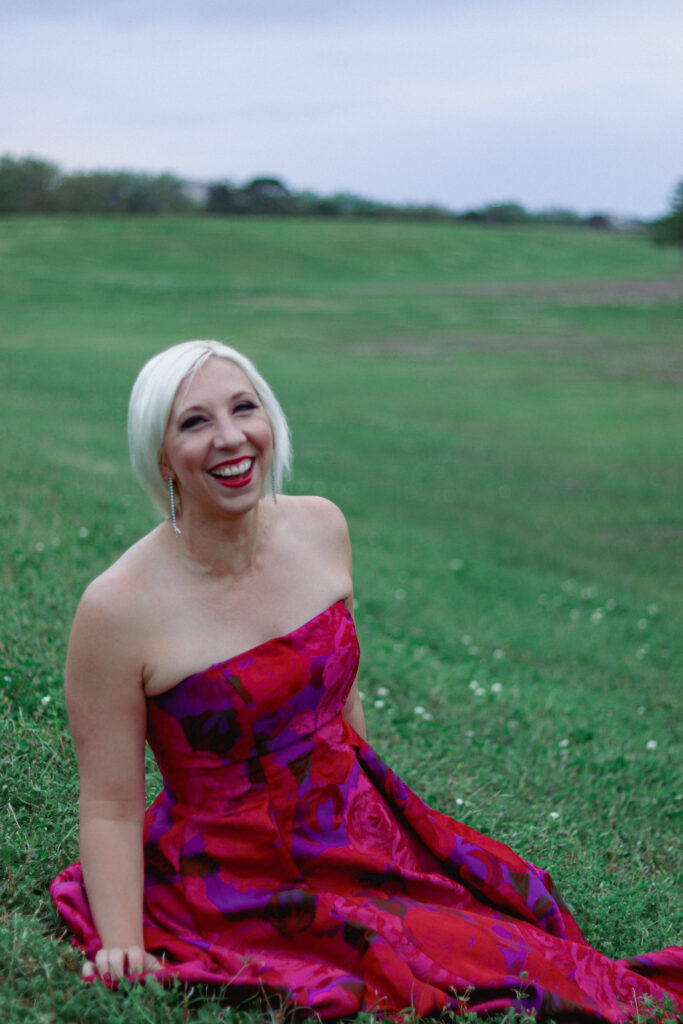
What are your future goals for the Live Music Project, and how do you plan to continue breaking down barriers in the classical music industry?
Looking ahead, my vision for the Live Music Project is to continue expanding our reach and deepening our impact, not just in Seattle, but across the country and even internationally. We’ve laid a strong foundation, but there’s still so much work to be done. I want to ensure that classical music is accessible to everyone, no matter where they live, what they look like, or what their background may be.
One of our most exciting goals is the upcoming launch of our new platform for the Spontaneous Free Tickets program. This initiative has been a game-changer in Seattle, distributing over $180,000 worth of tickets since 2014. But we’re just getting started. With this new platform, we’ll be able to expand our reach, offering even more people the chance to experience live classical music in their own communities. It’s about breaking down financial barriers and making sure that everyone has the opportunity to be moved by this incredible art form.
But it’s not just about tickets—it’s about changing perceptions. We have to show, through our actions and through real data, that classical music is for everyone. We’re committed to highlighting the diverse voices that are already part of this community—BIPOC composers, performers, and audiences who have been too often overlooked. We’re making progress with intention, passion, and a deep belief in the power of music to bring people together.
My goal is to build a classical music ecosystem that is vibrant, inclusive, and reflective of the world we live in today. And we’re going to do it by continuing to push boundaries, challenge stereotypes, and create spaces where everyone feels welcome.
